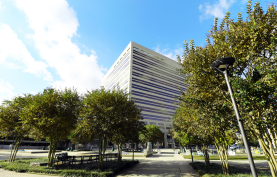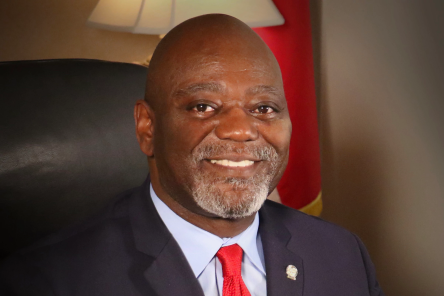
Board of County Commissioners
The BOCC consists of nine commissioners - six representing districts and three elected at-large.
The Mecklenburg Board of County Commissioners is the governing body of Mecklenburg County. The Board consists of nine commissioners - six representing districts and three elected at-large - that are elected in November of even-numbered years. A Commissioner At-Large is a designation for Mecklenburg County commissioners who are elected or appointed to represent the whole membership of the County.
The Board's major responsibilities include adopting the annual County budget, setting the County property tax rate, and assessing and establishing priorities on the many community needs, especially those related to health, education, welfare, mental health and the environment. The Board also makes appointments to citizen advisory committees.
Events
View all EventsLatest News
View All NewsTools & Resources
- Watch BOCC Meetings
Watch live broadcasts of BOCC meetings in English or Spanish. Recorded meetings have transcribed captions translated in to more than 60 different languages.
- Meeting Calendar and Agendas
View the public meeting calendar including meeting agendas and meeting minutes.
- County Ordinances
View the document archive listing for County Ordinances passed by the BOCC.
- Register to Speak
We invite all residents to connect with Mecklenburg County by participating in the governing process. View presentation guidelines.
- Town Hall Policy
Policies and procedures for County staff in scheduling, coordinating, and providing board support for Community meetings.
- Presentation Guidelines
Standards and template to provide consistency in visual content quality of the BOCC meeting presentations.
- Archived Meeting Minutes
Archived meeting minutes from Mecklenburg Board of County Commissioners meetings from 2015-2022.
- Find Your District
Find out which district you live in and who represents you.















